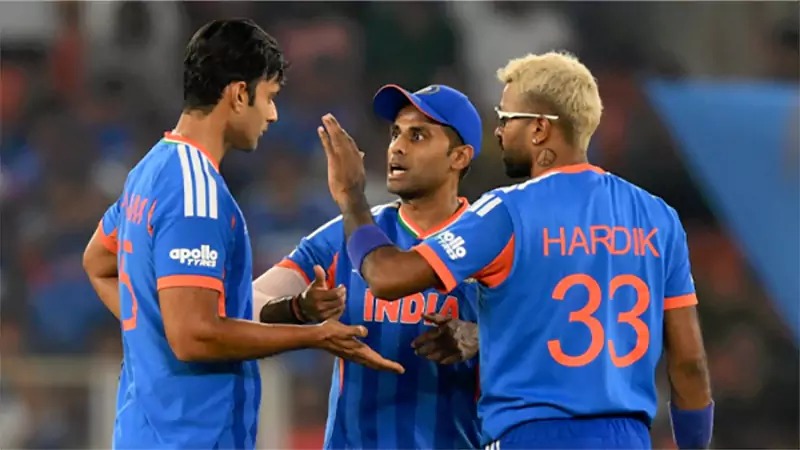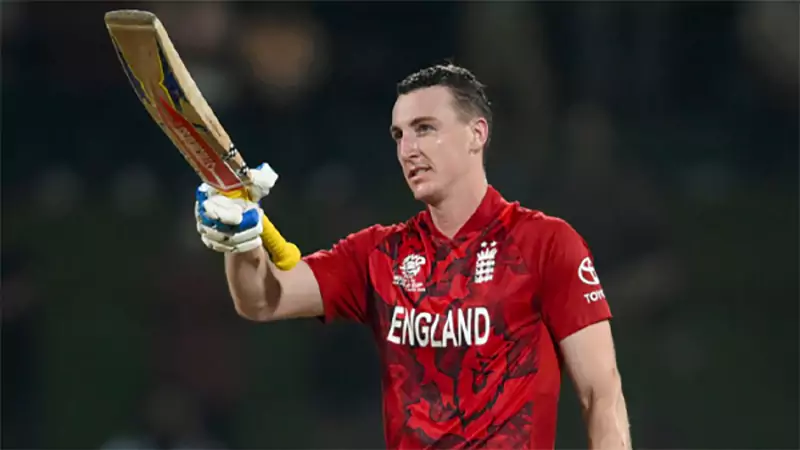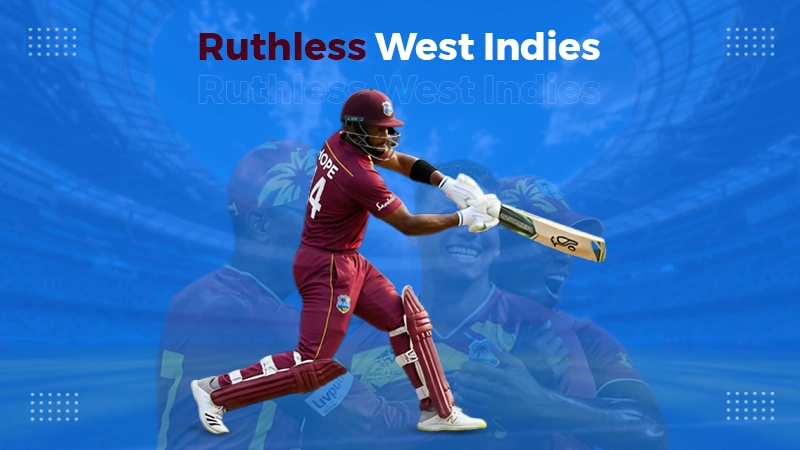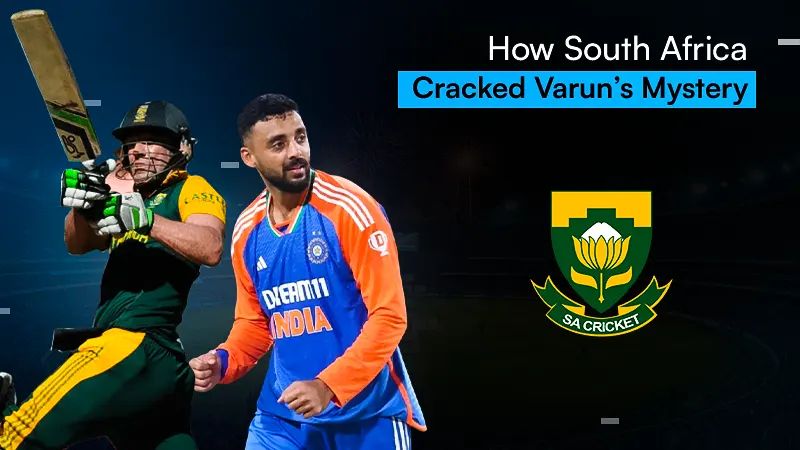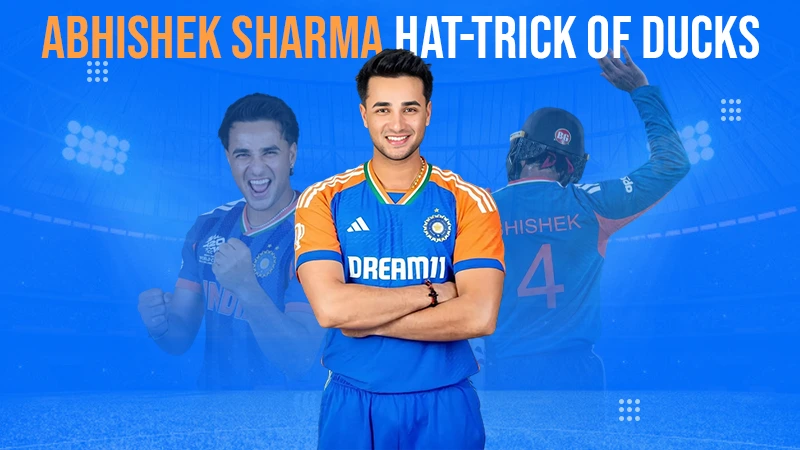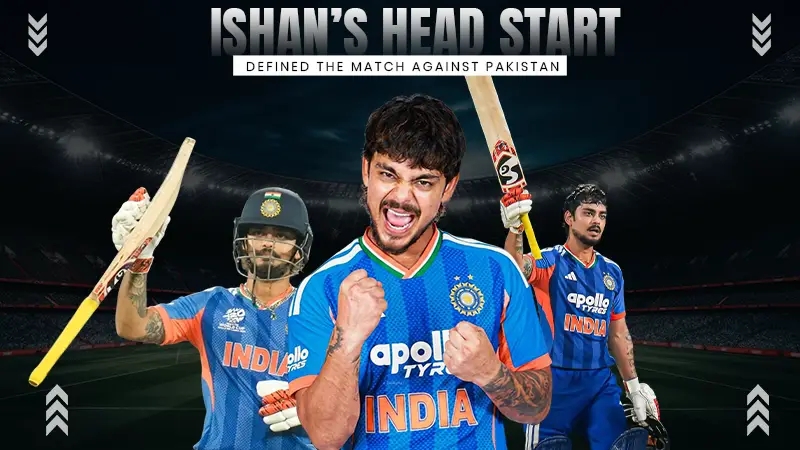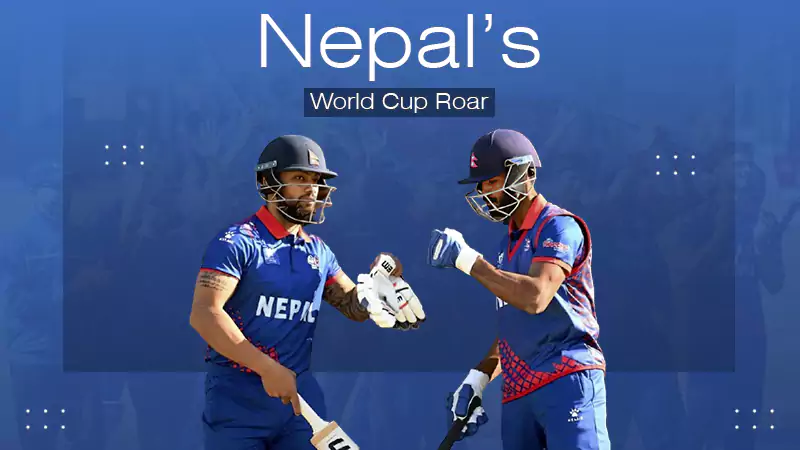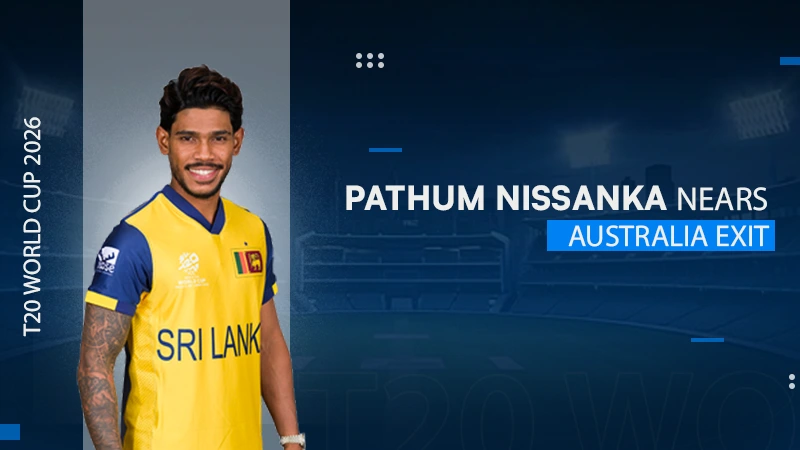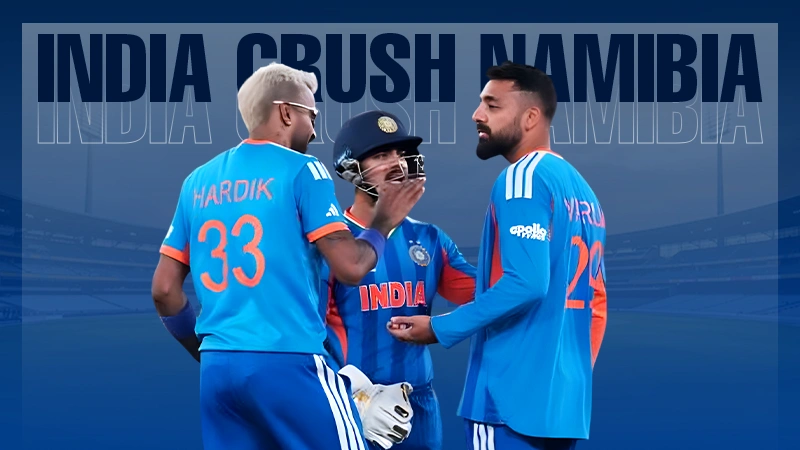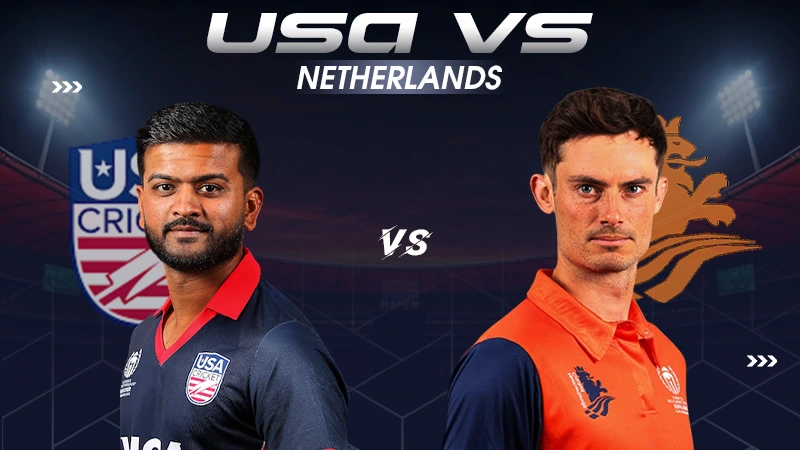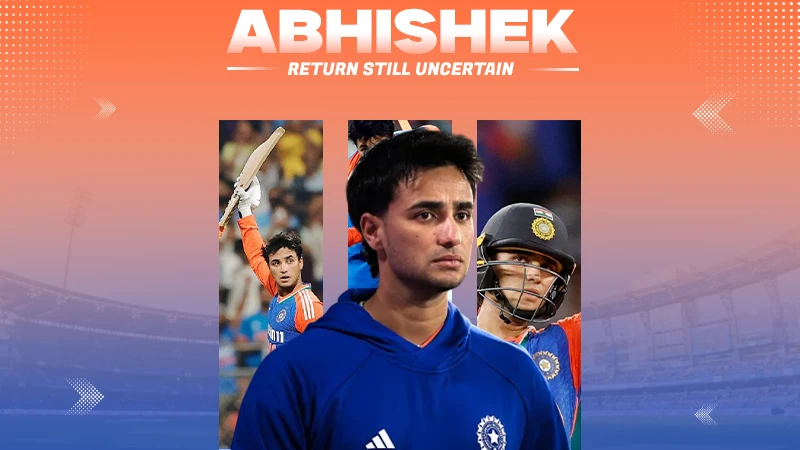
Cummins and Head Choose Country Over Cash, Reject ₹58 Cr IPL Deal
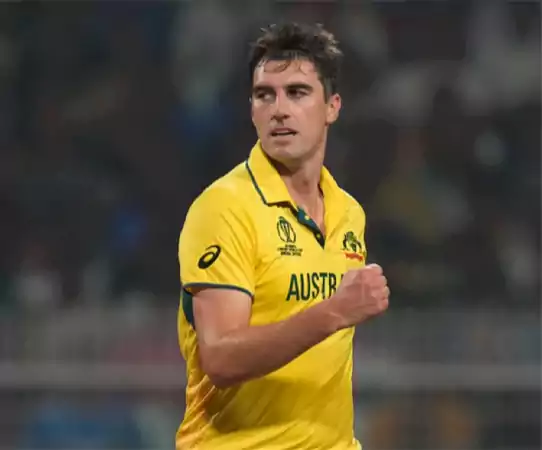
A surprising advancement has swept throughout world cricket: Australia’s skipper, Pat Cummins, and prominent hitter Travis Head are reported to have turned down a staggering deal. to give up global obligation and dedicate oneself only to franchise leagues. According to reports, an IPL franchise consortium offered each player a contract of AUD 10 million (about Rs. 58 crore) yearly, an offer allegedly refused by both actors.
The disclosure has sparked an argument regarding the changing equilibrium between franchise potential and national allegiance. Media reports indicate that the plan emerged during internal debates in Australia over a possible privatization of the other T20 Leagues such as Big Bash League (BBL). By turning down the offer, Cummins and Head basically confirmed their dedication to representing Australia across formats, a stance seldom seen when such enormous sums of money are at stake.
Financial calculations for typical Australian cricket income are dwarfed. With Cummins’ captaincy role putting him toward the upper end, top players under Cricket Australia’s present rules receive AUD 1.5 million to AUD 3 million. Meanwhile, both males derive income from IPL contracts: Pat Cummins (after complete injury recovery) allegedly made roughly AUD 3.7 million in the auction; Head made about AUD 1.2 million over recent seasons.
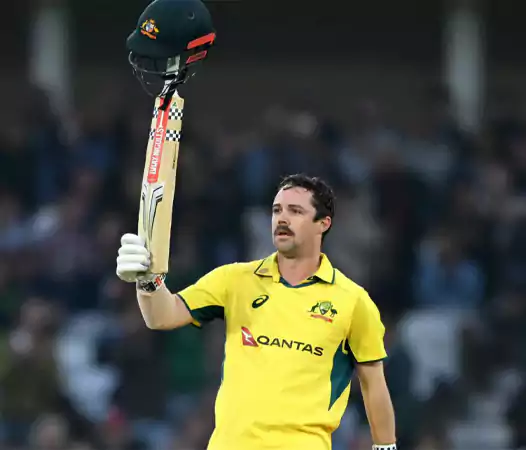
Cricket analysts have grabbed the event as emblematic of more general disputes in the game. One former Indian player responded to the news by pointing out that only cricketers with strong national contracts and reputations, such as Australians, might be willing to turn down such deals. On social media and in fan circles, the decision has met with respect as well as worry regarding what it portends for emerging countries’ capacity to keep their stars.
Some experts claim the offer, though allegedly informal, may have been released as part of larger negotiating tactics in BBL reform negotiations. Either way, Cummins and Travis Head’s rejection emphasizes that wearing the baggy green still provides great value for them. Their position may establish a standard for juggling franchise potential with national pride in an age where T20 leagues progressively rule the commercial terrain of cricket.
